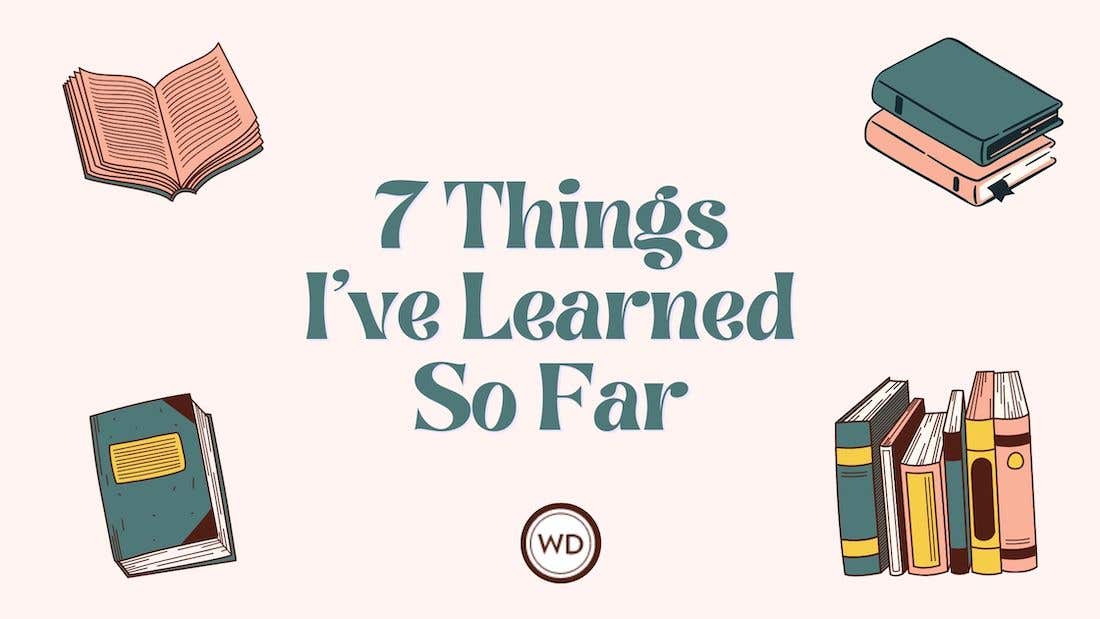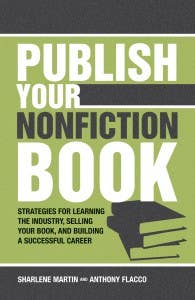Straight Talk With Dennis Lehane
The Mystic River novelist’s latest trilogy—which begins in early 20th-century Boston—concluded this year with World Gone By (WD Interview, Page 46). In our online-exclusive outtakes, he discusses writing truthful fiction about real-life historical figures, racism and other issues of the times.
The Mystic River novelist’s latest trilogy—which begins in early 20th-century Boston—concluded this year with World Gone By (WD Interview, Page 46). In our online-exclusive outtakes, he discusses writing truthful fiction about real-life historical figures, racism and other issues of the times.
—by Steve Boisson
Like many writers, Dennis Lehane started with short stories. He wanted to create the kind of beveled truth nuggets crafted by Raymond Carver, but he didn’t feel his efforts met that mark, so he didn’t submit a one. In 1990, two years out of college, 25-year-old Lehane decided to try his hand at a crime novel instead. The first draft came pouring out in three weeks. Many rewrites and a Master of Fine Arts later, A Drink Before the War was published in 1994, earning a Shamus Award for Best First PI Novel.
Lehane’s star investigators are Patrick Kenzie and Angie Gennaro from Dorchester, the tough, working-class Boston neighborhood where Lehane grew up. In that first book, they’re childhood friends turned professional associates, but they soon develop a relationship that turns on-again-off-again through Sacred, Darkness Take My Hand, Gone Baby Gone, Prayers for Rain and Moonlight Mile. Lehane isn’t your average crime novelist, and Kenzie and Gennaro aren’t your average PIs. Unlike many of their fictional counterparts, Lehane’s protagonists carry the psychic cost of the violence they’ve suffered, witnessed or perpetrated from book to book.
Five books into the series, Lehane stepped away to write 2001’s Mystic River, a complex story about three men whose lives take disparate paths after a disturbing childhood incident. In it, Lehane pushed the boundaries of crime fiction—the present-day murder is secondary to the emotional consequences of a past crime. It hit the bestseller lists shortly after its publication in 2001, and was adapted into an Academy Award–winning film directed by Clint Eastwood.
Most of Lehane’s subsequent work has similarly been informed by crime though not strictly crime fiction. Shutter Island explores the psyche of a troubled U.S. marshal in deep denial over his demons. The Given Day is a sprawling historical novel, the first in a trilogy introducing a new family of characters, the Coughlins, and dealing with themes of class struggle, encompassing the influenza pandemic of 1918, the Boston Police Strike of 1919, European anarchists and Babe Ruth. Its saga continues in the Edgar Award–winning Live by Night, featuring patriarch Thomas Coughlin’s youngest son, Joe, a romantic though nonetheless criminal underling of a mob boss, and World Gone By, Lehane’s 12th and latest novel (out this past March), in which Joe’s new life as a respectable businessman is threatened by events from the past.
Although Lehane has resisted adapting his novels for film, claiming he couldn’t operate on his own children, Hollywood has been beckoning since Mystic River, and Lehane eventually came to write episodes of “The Wire” and “Boardwalk Empire,” as well as The Drop, an original film that grew from a short story he’d written and that marked James Gandolfini’s last appearance onscreen. (Lehane wrote a novel version afterward, out last fall.) Ben Affleck made his acclaimed directorial debut with 2007’s Gone Baby Gone and is set to direct an adaptation of Live by Night. Martin Scorsese realized the cinematic potential of Shutter Island in a 2010 movie starring Leonardo DiCaprio and is working on a TV series about the island’s Ashecliffe Hospital, for which Lehane has written a pilot. Other Lehane scripts awaiting the green light include a show about Eliot Ness in Cleveland, Ohio, and a Hawaii–set version of the Irish series “Love/Hate.”
With all this work on the Left Coast, Lehane has moved with his wife and two daughters to the Los Angeles area. But he has not left novel writing. He’s now at work on one about Boston’s economic transformation through the 1970s and ’80s. Like the Coughlin story, it may run longer than one book. For that project, at least in fiction, Lehane will be going home. In the October 2015 Writer’s Digest, Lehane delves deep into the writing craft and what drives his work. Here, in these online exclusive outtakes, he talks more about his most recent novels, the historical trilogy concluding with World Gone By.
You traveled back in Boston history for The Given Day. Did you know it would expand into a trilogy?
I knew it was going to sprawl out on me. I could see I was putting a lot of people in the dugout, so I could use them at various times should I choose. For now that saga is over. But that doesn’t mean that some day I won’t go back and look into somebody else for a book.
How much obligation do you feel to depict Babe Ruth and the other real historical figures depicted in the series as they were?
I feel a little bit. I wouldn’t give them attributes they didn’t have. Now, the mayor of Boston, Andrew Peters, a real guy, he saved the city and they shafted him for it. But Peters did have a sexual relationship with the 14-year-old daughter of his wife’s cousin. I wouldn’t have put that in about a real guy unless it was true.
“A person of the times” is an expression often used to explain racist attitudes of the past. The GivenDay’s Danny Coughlin and his little brother Joe (in the two following books) seem uncontaminated by the era’s bigotry. In this sense they seem modern.
Racism has always been for me, having grown up in a cauldron of it, something I never got. I never understood it. I have a really hard time climbing into the head of somebody who is a racist, even if they’re racist for the times. That’s why both Danny and Joe are not racists. Their father’s very racist. But Danny and Joe are not. It wasn’t like I was being PC [politically correct] for the time. You have to figure there were plenty of people around at the time who were not racists. Maybe not in the highest numbers.
There’s a great scene in World Gone By where Joe visits a doctor. Throughout the checkup, the doctor’s history emerges, explaining why he left a respectable practice to treat criminals.
That was one of those magic moments. That came out pretty much whole cloth. Every now and then you ride the tiger. Most days the tiger rides me, but every now and then I ride the tiger. That’s my favorite chapter in the book. The opening chapter of The Given Day is another example. It’s my favorite chapter in The Given Day. It was written in two nights. It was rewritten extensively for prose, but it just came out.
When did you decide that Joe would be a gangster?
Midway through The Given Day. It was a scene where a stranger from the past breaks up a dinner the family is having, and it becomes a really crazy dinner scene with them screaming at each other. Joe’s in the middle of it, and nobody is listening to him, and I saw how upset he was getting, how lost he seemed, and I said, “That’s my gangster.” I’ve always wanted to write a gangster novel. I said, “I’ve got my guy right there. He’s got the emotional biography of a gangster.”
Joe’s a dichotomy: a loving husband and father whose crimes have wrought havoc on others.
[Gangster] King Lucius said the best line about Joe. “You think feeling bad about your sins makes you good.” I think most people who do shitty things feel bad about it. You don’t find too many Joseph Stalins out there.
For the full WD Interview with Dennis Lehane, check out the October 2015 Writer’s Digest, available in print or for instant download now.









